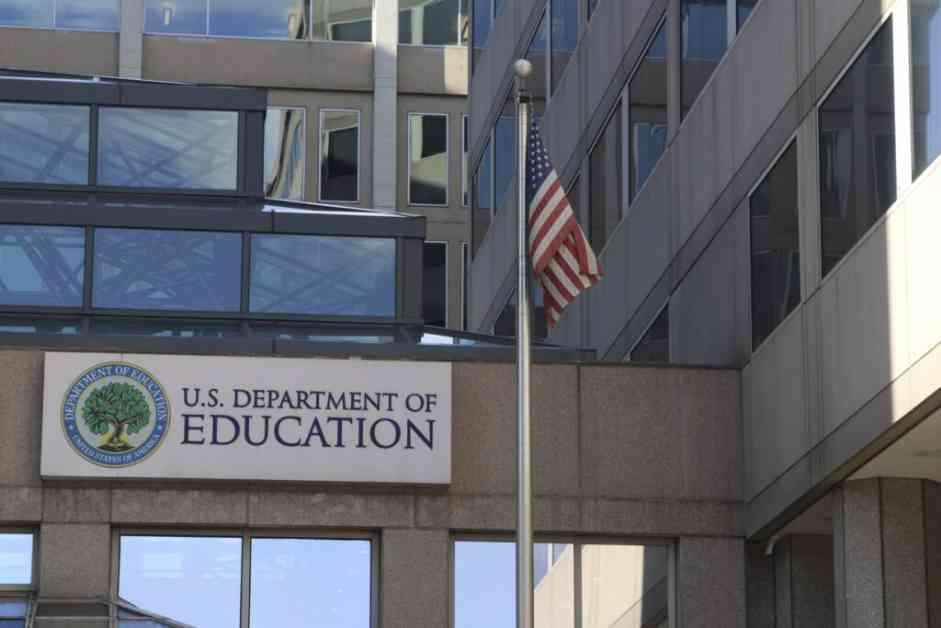The U.S. Department of Education recently made a significant announcement, revealing plans to cut its workforce nearly in half and close seven out of 12 regional branches of its Office for Civil Rights. This move has sparked concerns among California educators and advocates, particularly regarding the impact on civil rights enforcement and funding for vulnerable students in the state.
With over 700 pending cases in California alone, the closure of the regional office in San Francisco, which handles complaints filed in the state, has left many wondering about the fate of these cases. The lack of a federal presence enforcing civil rights in schools in California has raised alarm bells among educators and civil rights advocates who fear that vulnerable students may be left without recourse when schools violate their civil rights.
While the federal government plays a critical role in education in the U.S., including disbursing student loans, funding programs for students with disabilities, and overseeing civil rights enforcement, the reduction in force at the Department of Education has left many questioning the future of these vital services. The move, which is part of a larger effort to improve efficiency and accountability, has drawn mixed reactions from different quarters.
Some conservative groups have applauded the reductions as a way to streamline operations and eliminate bureaucracy. However, many educators and advocacy groups have strongly condemned the cuts, arguing that they will have a detrimental impact on students. The Los Angeles Unified School District board, for example, passed a resolution condemning the cuts and called on legislators to push back against what they see as a radical and cruel agenda.
The closure of regional offices has also raised concerns about the backlog of cases and the ability of the Office for Civil Rights to effectively investigate and address complaints in a timely manner. With a growing caseload and shrinking workforce, the wait time for investigations and findings is expected to increase, further delaying justice for students affected by civil rights violations.
Experts in the field have emphasized the importance of maintaining a robust civil rights enforcement mechanism to protect students from harm and ensure that their rights are upheld. The lack of federal oversight in enforcing civil rights in schools is seen as a significant threat to democracy and the safety of students.
As the fate of pending cases in California hangs in the balance, there is growing uncertainty about how these issues will be addressed moving forward. The closure of regional offices has left many students and their families feeling vulnerable and without the necessary support to navigate the complex landscape of civil rights enforcement in education.
The impact of these closures goes beyond just numbers and statistics—it affects real people with real stories. From students with disabilities who have faced discrimination to those who have experienced racial harassment or retaliation, the closure of regional offices has left many feeling abandoned and without recourse.
Moving forward, it is crucial for policymakers and advocates to come together to address these challenges and ensure that students are protected from discrimination and harm. Every complaint filed in the Office for Civil Rights deserves to be considered in good faith, regardless of the political agenda or priorities of the administration.
As we navigate these uncertain times, it is essential to remember that the work of protecting students’ civil rights is not just a bureaucratic function—it is a fundamental obligation that we owe to the next generation. The future of education in the U.S. depends on our ability to uphold these rights and ensure that all students have access to a safe and inclusive learning environment.




















